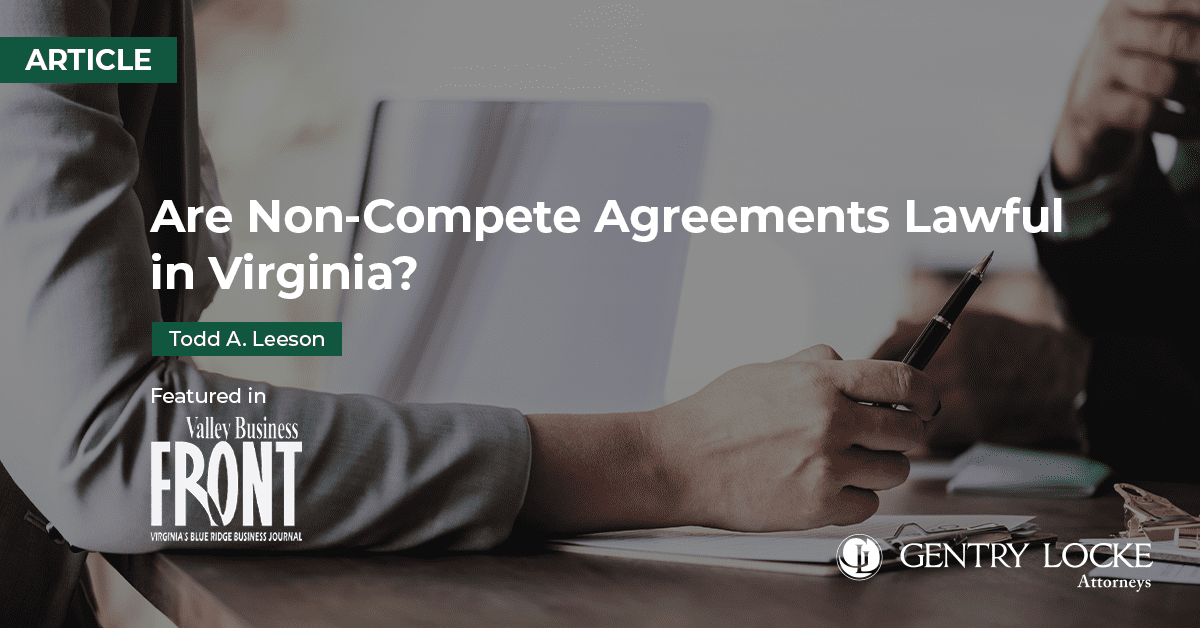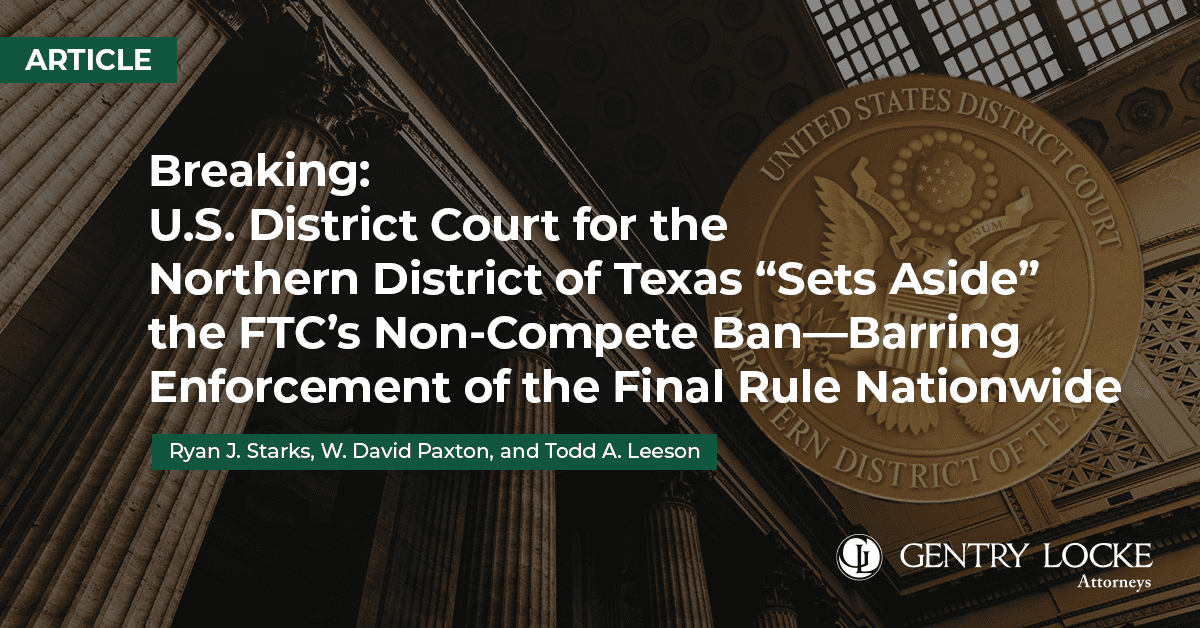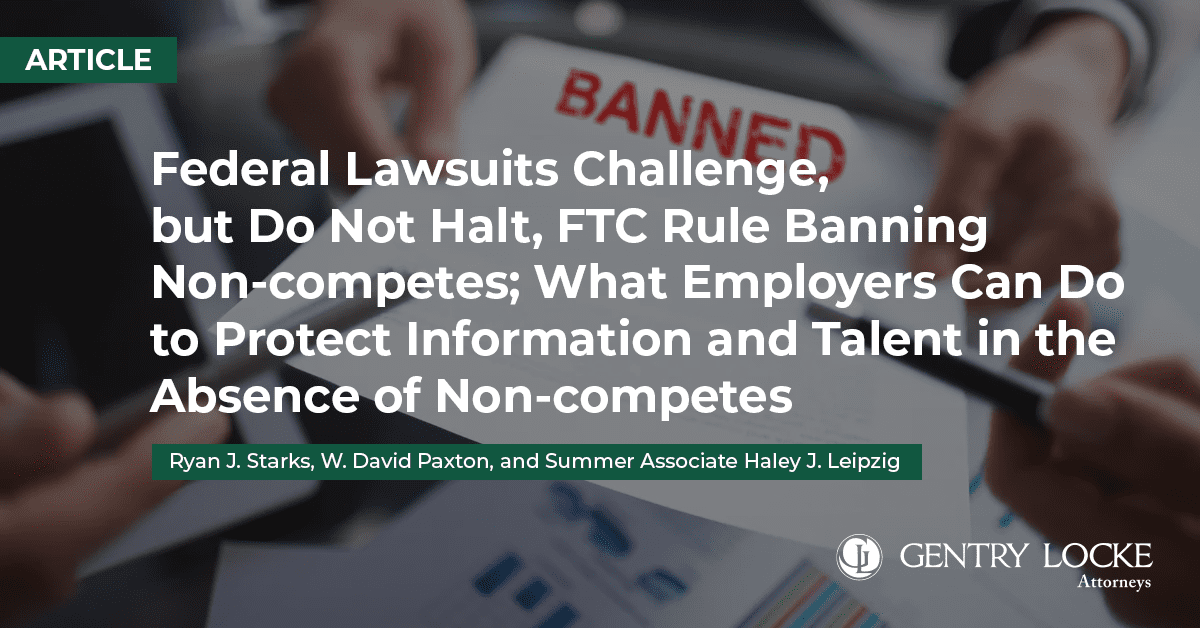Employment Authorization Verification for U.S. Employers: Form I-9 Basics
In last year’s Presidential election, the problem of illegal immigration was often center stage. President-elect Trump made it clear that he would be aggressive in rounding up and deporting those who are not lawfully in the United States. During the first Trump Administration, the effort to combat illegal immigration included an increased use of workplace inspections of employers’ hiring records and practices by federal authorities. There is every reason for employers to anticipate this same type of aggressive enforcement will be pursued following the second Trump inauguration. A focus on workplace hiring practices should come as no surprise. According to […]













